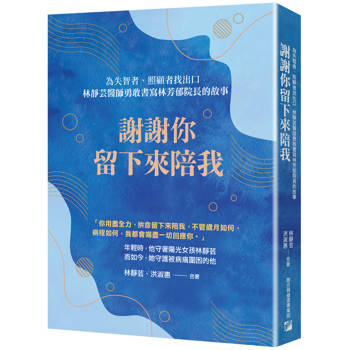Winner of the New Measures Poetry Prize
Free Verse Editions
What People Are SayingIn the tradition of such poets as Laura Jensen, Jean Valentine, and Saskia Hamilton-yet utterly their own-Lily Brown’s poems spring from ordinary enough spaces-the natural world, domestic life and what goes on there-but as if these were the understory to a vast forest of waking dream, of the "general and particular/rhymed to
dream’s interior." The poems are governed, I would add, by dream’s particular, elusive, strange logic, all the stranger for how persuasive and authoritative it is while refusing to be mapped or, indeed, explained. I trust these poems, as I trust their way of thinking-a way that, by the book’s end, feels like the only way of proceeding: not past mystery, but deeper, into it. -Carl Phillips
In Lily Brown’s stunning Blade Work, every line rounds a sharp corner to crash into pleasure. The discoveries made here are those of a mapmaker tracing strange hills and paths laid out in her own hand. And when she finds darkness, it’s tempered by the transformative power of attention: "Crushed a dead moth with my sleeve," Brown writes. "Anywhere I lean, wing." These gorgeous and precise poems reassemble the broken vase of language itself.-Dan Rosenberg
"The fence is thinking," "the trees look like legs," "the field is the sea" in lines sharp as a "jagged fragment of slate," Lily Brown seeks to restore things to their thingness-to see things as they are, often by seeing them as they are not. To "seal out emotion" to let the world make her, instead of the other way around. Through Brown’s eyes, the world becomes itself again-vivid, radiant, unknowable.-Emma Winsor Wood
As AI-powered media mirrors chart a billion blinks, scan each eye for its next fear, its secret desire, as power fans out in a zillion-swarm of amoeba drones, the poems in Lily Brown’s Blade Work turn our eyes to other and othered elements: sky, cloud, wind, river, dream. Here sets a "semi-automatic sun," there "a building’s touch gives the wind its pitch." Like "a valve that lets another consciousness arrive," Blade Work taunts the looming world by turning away, thumbs its nose to annihilation’s head fakes, its con-job hypnotist’s claim to our attention. Instead, since the "answer, it turns out, is an abyss," these scalpeled and sculpted poems address power’s truer signatures by folding Bishop, Stein, and Stevens into new prescriptions for feeling what we see. The clarity here hovers inside a spiritual crisis locked inside global material catastrophe; the authority claims, even flaunts, an impossibility of achieved precision like "glass bent in a storm/of sun." -Ed Pavlic
About the AuthorLily Brown is the author of Rust or Go Missing and several chapbooks, including The Haptic Cold. In addition to the New Measure Poetry Prize, she has won the Poetry Society of America’s Cecil Hemley Memorial Award and has been awarded residencies at Arte Studio Ginistrelle, the Vermont Studio Center, and the UCross Foundation.











